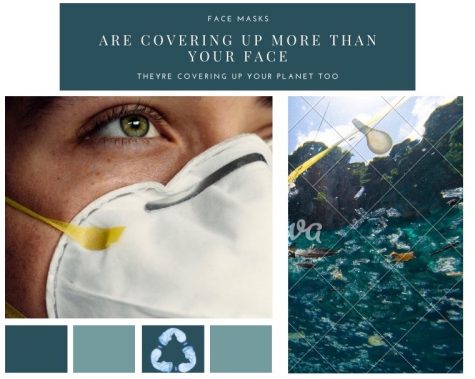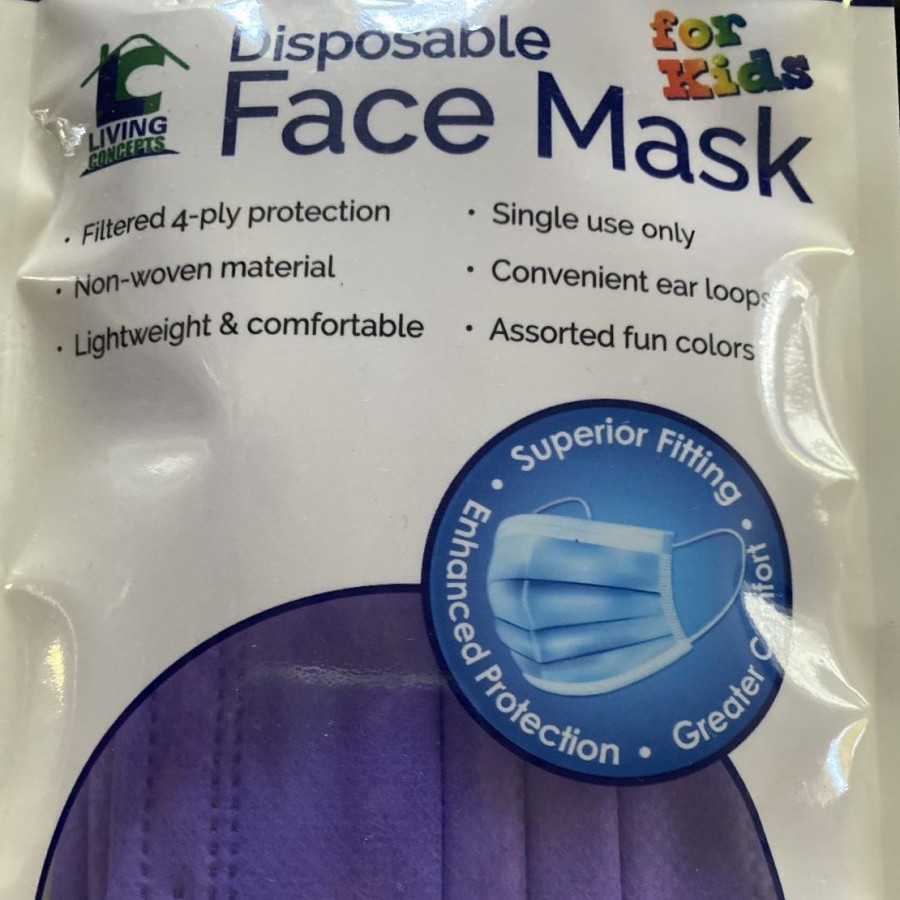Face masks are a method to cover people’s faces; they are not made to cover anything else. However, over the span of six months, face masks have been piling up on sidewalks and even oceans. The pandemic has created a new littering issue: face masks.
This new problem has alarmed the Environmental Protection Agency to take action on the matter. The agency has urged people to not recycle or litter personal protective equipment (PPE) and throw them away when they are done being used.
People have been finding face masks all over. “I was walking my dog in my neighborhood last week and my dog was choking on something. I looked down and my dog had a reusable face mask in his mouth,” reported junior Emily Jansma. “Ever since then, I’ve been more and more aware of scattered face masks or gloves lying around every time I’m outside. I’m surprised that no one is talking about this.”
Student Lydia Cox recently faced a similar situation. “I went to take pictures by the Mississippi River and decided to look down. I saw some masks and gloves floating in the river,” explained Cox. This is an issue that is under-acknowledged and needs to be addressed.
Multiple local governments are also starting to notice this growing issue. New York’s Suffolk County instituted fines for anyone caught littering personal protective equipment.
 Face masks do not just affect sidewalks and streets. Each year, researchers find approximately eight million metric tons of waste reaches the ocean, and PPE litter will only increase that number.
Face masks do not just affect sidewalks and streets. Each year, researchers find approximately eight million metric tons of waste reaches the ocean, and PPE litter will only increase that number.
Plastic in the ocean slowly breaks down into tiny toxic particles known as microplastics. Smaller animals mistake the plastic as food. Once plastic is digesting, the plastic gets stuck in the digestive system, and as a result, multiple species and ecosystems can collapse.
Masks are just as durable as plastic. One mask alone bears millions of particles when broken down into microplastics. In addition, masks can contain bacteria which carry the potential to demolish food chains.
Last February in 2020, 100 face masks were seen floating ashore alongside a beach in Hong Kong. In the Mediterranean, these facial coverings have been mistaken for jellyfish.
As the demand for face masks increases, so does the supply, and so does the toxic waste. If people do not start to acknowledge the upcoming problem on personal protective equipment littering that’s affecting our environment, then the issue is only going to get worse.









